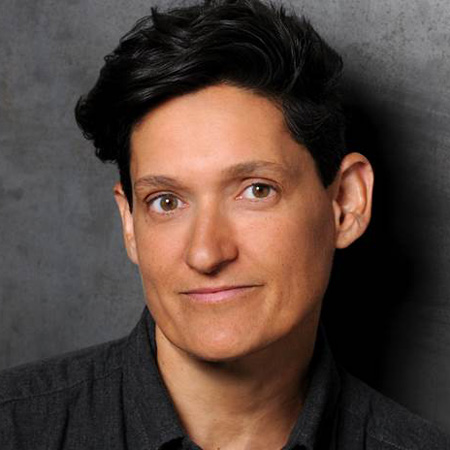The demise of Lance Armstrong has left cancer communities with mixed feelings. Even in his heyday Armstrong considered surviving cancer as his greatest success. But the credit he gives his personal determination to overcome his disease has encouraged many to smother their own realities with yellow bracelets and good cheer.
Armstrong's medical treatment coincided with a new chemotherapeutic regimen that revolutionized treatments for testicular cancer. Unlike most cancers, it is now often curable even when it has metastasized to other organs.
Each year, more men die of breast cancer than of testicular cancer, but those men are no less tough or deserving of survivorship. Armstrong's story not only oversold the role of patient agency in surviving cancer, it also overestimated the curative potential of treatments. Chemotherapy increases survival prognosis of most cancers by only 5 to 10 percent.
Lance's story makes cancer more palatable. Who doesn't want to believe that everyone could survive if they only tried hard enough? The survivor who has ensured his own survival correlates with all kinds advertising messages that aim to celebrate - and sell -- the ability of individuals to overcome grand risks. Both cancer centers and banks rely on this myth, which has proved profitable for Lance. And yet, 60% of personal bankruptcies in the United States result from the high cost of healthcare. Make no mistake; cancer is a long, expensive disease.
The Armstrong version of survivorship comes with real costs for many people with cancer who find that friends' invocation of the yellow wristband offers only a terrifying denial of their dire situations.
